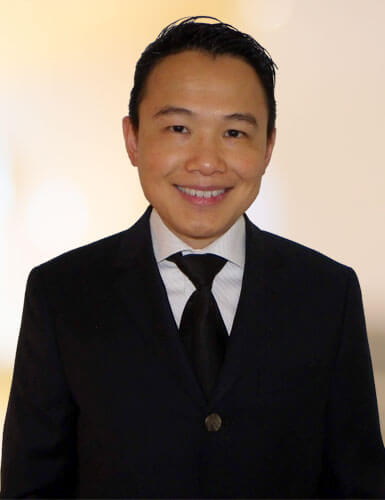The Extraction of the Third Molars (Wisdom teeth)
Posted: August 7, 2012
Last Modified: March 9, 2022
One of the more commonly-known oral surgery procedures is wisdom tooth extraction. hird molars, or wisdom teeth, are the final teeth to grow, and will usually emerge by thetime the patient is between the ages of 18 to 24. Some patients will experience little to no discomfort during the time it takes for the wisdom teeth to break through the gums, and will live with them; however, there are others who may need to get those teeth removed due to lack of space, pathology such as cysts, or because of abnormal growth positioning (impacted teeth) within the mouth.
The importance of screening and monitoring of wisdom teeth development should be kept in mind. If a patient’s wisdom teeth are left alone without proper oral analysis, the growth of wisdom teeth has been known to cause such oral health problems as: pericoronitis (tissue swelling around the molar caused from bacteria); lesions, infection, tumor and cysts; risk of mandibular fractures and overcrowding (leading to tooth and bone damage).
There is universal agreement that if problems develop with the wisdom teeth, then they should be extracted. However, there is a great amount of misconception about whether wisdom teeth that are asymptomatic and not causing problems should be extracted.
Historically, we have all heard the reasons: “Not enough room for the wisdom teeth”, or “they will crowd the lower front teeth” are among the top. We now know that these are not necessarily legitimate reasons.
We now have guidelines (Canadian, no less) that will help us with decision-making. (http://www.cadth.ca/media/pdf/l0202_removal_wisdom_teeth_htis_2.pdf). In these guidelines, there is no strong evidence for or against the prophylactic (preventive) removal of wisdom teeth, and from a practical point of view, we will be recommending wisdom tooth removal only when there is a demonstrated or high risk of pathology.
Although there is no exact evidence for or against the removal of the third molars, either before or after they grow in, it is always good to get their growth process examined by a dentist, especially if an oral health concern is present (getting braces, or other oral surgery that may be affected by the third molars).
Ultimately, if there is no cause for concern regarding the growth of the third molars (health risks, etc), then there is no urgent need to remove them. Essentially, third molar extraction is based on the decision and judgment of your dentist because “not having enough room for them” is not the best reason to get the third molars removed.
If you have any questions or concerns about your, or a family member’s, oral health regarding the third molars, please feel free to contact us to schedule an examination.


